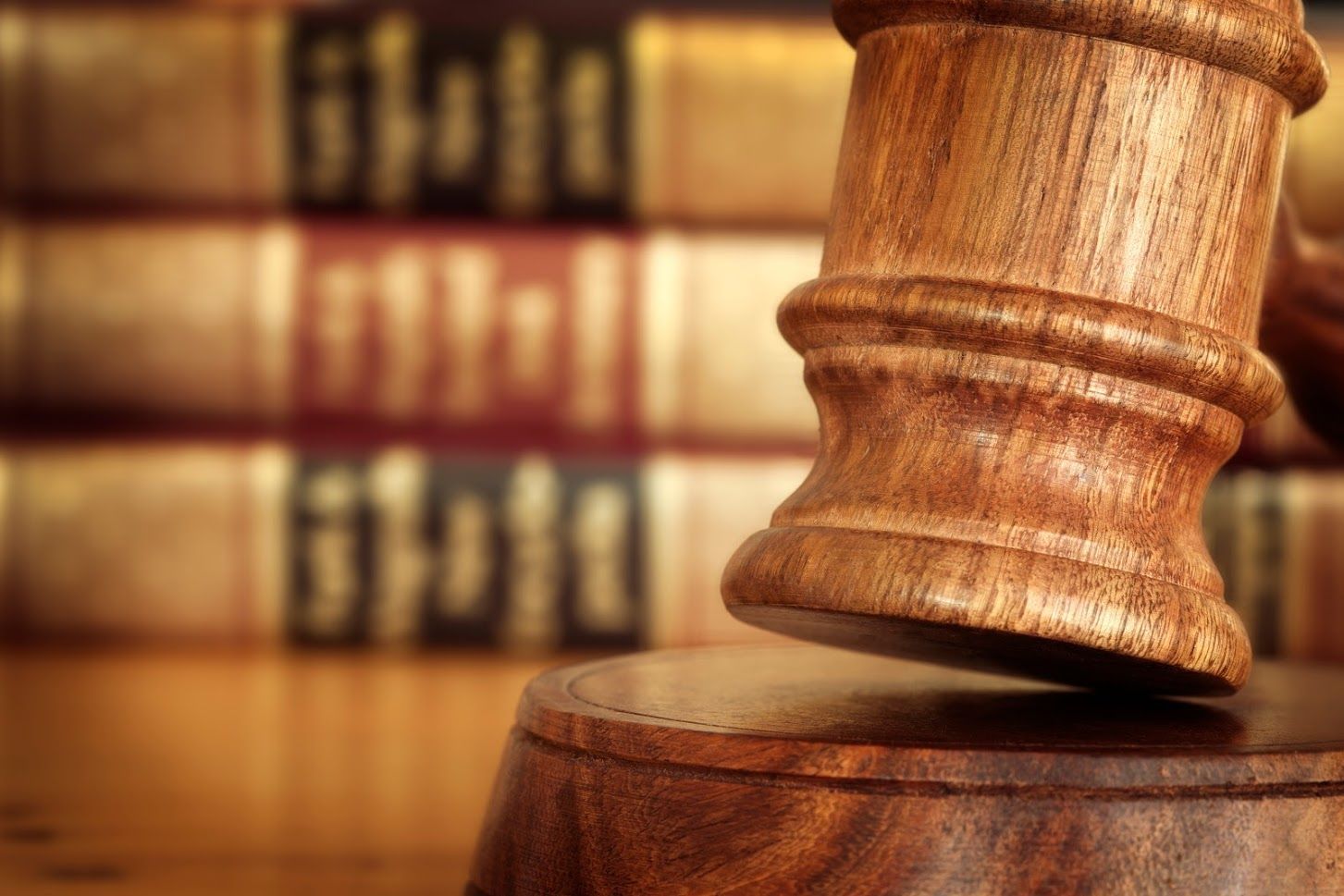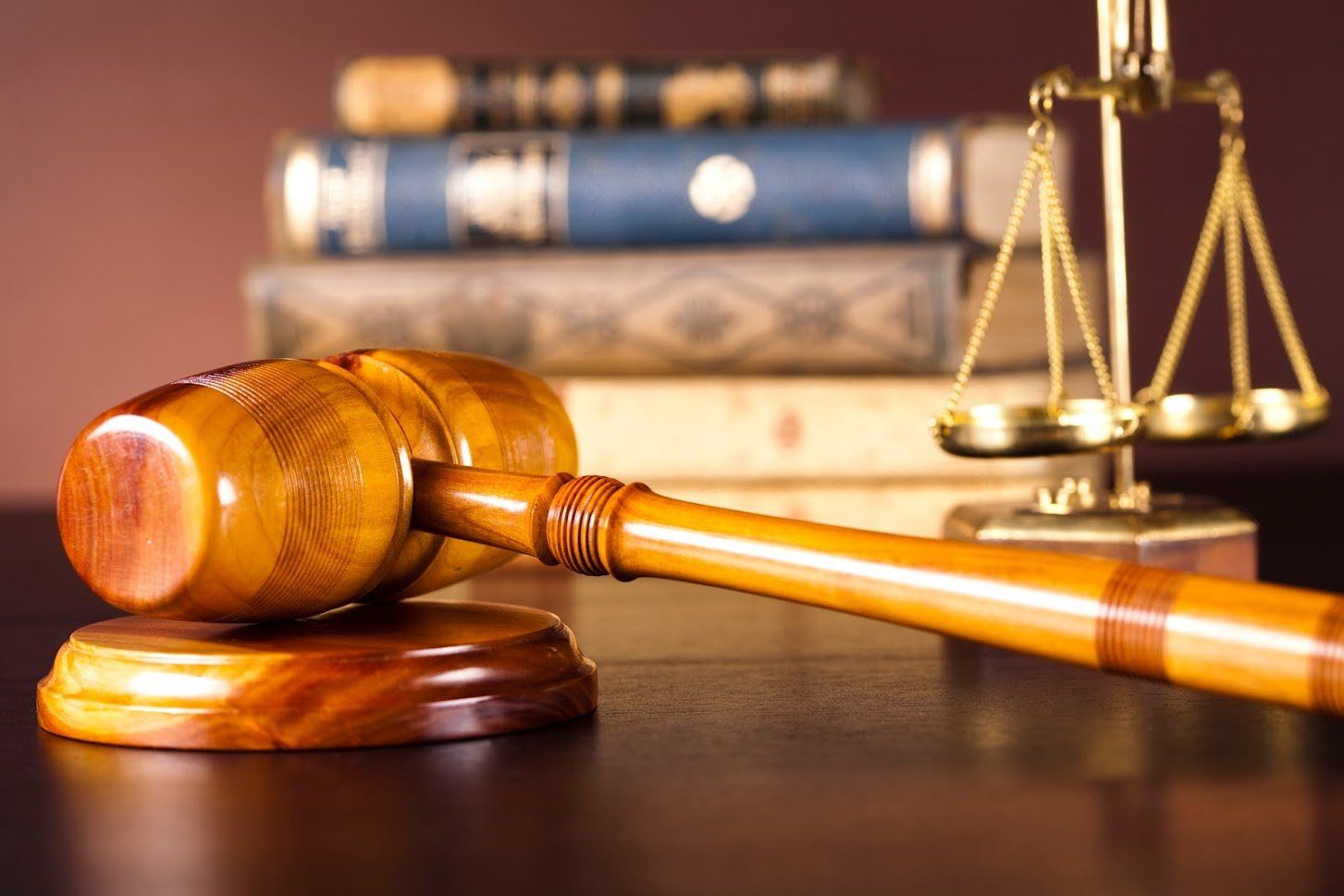Issues That Might Complicate the Probate Process
Probate is the process of transferring a deceased person's assets to the beneficiaries. The process involves verifying the estate planning documents, determining the estate's value, settling debts and taxes, and distributing the assets to the beneficiaries. Below are some things that can complicate the probate process.
Properties in Different States
Some people own properties in multiple states, which can be problematic during probate. An estate with properties in multiple states might necessitate ancillary probate, which complicates matters. Ancillary probate means that:
- You have legal processes in multiple states, which may mean multiple lawyers and increased court fees.
- You have to deal with different or even conflicting probate laws.
State laws determine whether the ancillary probate must go through the same process as the first probate. The ancillary probate process might be simpler, depending on state laws. You may plan your estate to avoid ancillary probates after your demise, but your beneficiaries can't do much.
Will Contests
Will contests by legitimate parties can also delay the probate process. The deceased's spouse, child, or beneficiary in a will (current or previous) can contest the will. Say a parent bequeaths some assets to their child and grandchild but then updates the will and leaves out the grandchild. The grandchild has the right to contest the will as a beneficiary of a previous version.
A will contest is problematic since the court must conclude the contest before the probate process can continue. The court will consider the contest grounds, such as fraud, to determine the contest's validity. Again, a testator can prevent a will contest better than the estate's beneficiaries.
Conflicting Estate Planning Documents
A last will and testament is just one among several estate planning documents. Other documents include revocable living trusts, beneficiary designations, financial power of attorneys, and insurance policies. Ideally, all the documents should be harmonious in their contents. However, conflicts between estate planning documents might appear during probate.
Consider a case where different documents designate the same asset to different beneficiaries. You might need the court's intervention to resolve the conflicts. The case can drag and delay the probate as each beneficiary fights for the asset. The nature of the asset, the beneficiaries, state laws, and the type of estate planning documents may determine the resolution.
Executor Difficulties
An executor can create probate problems in three different ways. For example, the executor might be unwilling to do their duty, the executor might be missing, or the executor might be inadequate in their duties' execution.
Consider a case where someone agrees to be an estate's executor without full knowledge of what the task requires of them. The executor realizes the enormity of the task after the testator passes on and changes their mind. This scenario presents a problem because you need the executor to administer the deceased's wishes.
Another example is an executor who cannot perform their duty as necessary. Such a situation might arise, for example, if the executor has limited knowledge of the estate, rarely communicates with the beneficiaries, or doesn't know what to do at any stage of the process.
The solution depends on the nature of the problem. For example, an unknowledgeable executor can seek legal counsel to help them in their duties. In some cases, the beneficiaries might seek legal intervention to force the executor to accept a professional's assistance.
Hopefully, you won't experience serious complications if you are part of a probate process, whether as a beneficiary or executor. Contact Shepherd Law Firm if you want to avoid complications or want help with complications you have already experienced. We will use our extensive experience to make the process as simple as possible.

















